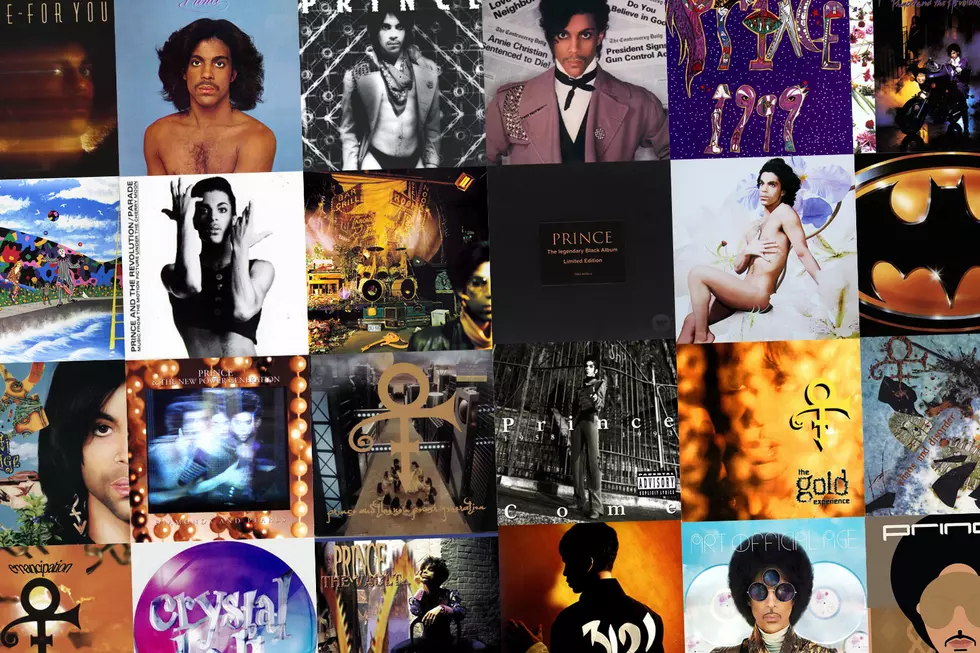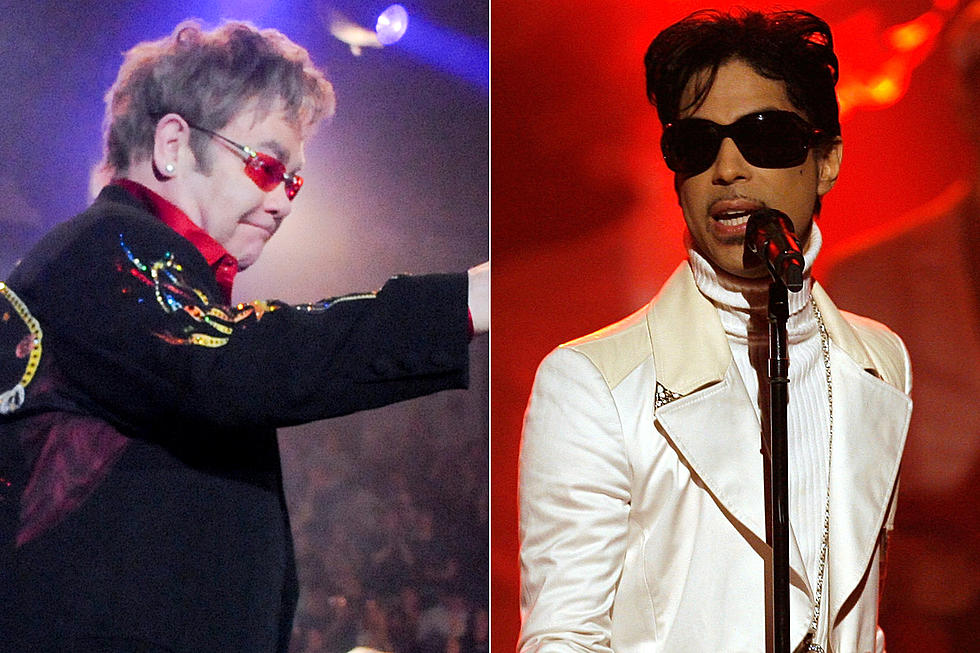Prince Channels the Spirit of Martin Luther King Jr. in ‘We March': 365 Prince Songs in a Year
To celebrate the incredibly prolific, influential and diverse body of work left behind by Prince, we will be exploring a different song of his each day for an entire year with the series 365 Prince Songs in a Year.
On a day in which we celebrate the legacy of civil rights leader Dr. Martin Luther King Jr., we should contemplate the legacy of the peaceful, non-violent protest he advocated. To agitate for an end to legalized racial segregation and discrimination, King and his fellow citizens marched peacefully in segregationist nerve centers like Selma and Birmingham, Ala., where they were met by virtual armies of local law enforcement intent on beating them back, often literally. Sit-ins at restaurant counters in North Carolina, Tennessee, Kentucky and Virginia were also met with heated and sometimes violent responses. These were heroic displays, a mere handful of examples of the peaceful civil disobedience that propelled the nation forward, often against its will, and which have been replicated in practice innumerable times by those who raise their fists to a given struggle and gather to march, or to sit, or to kneel.
Our nation owes a great debt to Dr. King, for his conscience and example, a circumstance not lost on Prince, who—though he was much better known for expressions of carnality or spirituality—was not hesitant to speak out on matters of injustice when moved to do so. Late in his life, songs like "Dreamer" and "Baltimore" saw him aligning with the issues that would soon lead to the Black Lives Matter movement. But nearly two decades earlier, he channeled Dr. King on "We March," an album track from 1995's The Gold Experience.
Over a familiar programmed drum track, Prince (along with Sonny T. and Nona Gaye on background vocals) comes out of the gate by drawing attention to racial and financial inequities: "If this is the same avenue my ancestors fought 2 liberate / How come I can't buy a piece of it even if my credit's straight?"
He switches focus to matters of sexism and gender equality in the second verse: "If this is the same sister that U cannot stop calling a bitch / It will be the same one that will leave your broke ass in a ditch."
The broad lyrical tack Prince takes has its benefits and detriments. By fanning out to cover multiple issues, he widens the net of people he can reach and address. But is it a weaker song by virtue of not concentrating his powers to take on one pressing concern? Perhaps; perhaps not. The recurring refrain in the chorus—"Next time, we march" fits either stance comfortably, serving as a warning—should either circumstance not be rectified by the "next time," a multitude shall gather in protest, presumably peacefully. The legacy of the past will be brought back to address to the inequities of the present.
Not that he's above considering not-so-peaceful tactics, if they are called for. In the third verse, he ventures back to race, and issues another warning: "We ain't got no time 4 excuses, the Promised Land belongs 2 all / We can march in peace but U best watch your back if another leader falls"
"You take our leaders," he seems to say, "and we will take something from you." Dr. King was taken, and the riots in major cities that followed would have been anathema to him, but they reflected the hardened sentiments of those who had looked up to King, had relied on him to be the engine of the mechanism that would lead to the full recognition of their citizenship, if not their very right to exist, in this nation. He was killed for being that engine, and a powder keg was lit all over the country.
This is what Prince alludes to in the third verse, of meeting menace with menace, a danger that perpetuates a cycle of bloodshed. It's the very opposite of what Dr. King espoused—his approach called out aggressors, showed their faces and put on display the ugliness of their world view and resulting acts.
That is the silent rebuke within "We March"—it's better to focus one's efforts on the first half of that line, to march in peace this time and next time, and to do so until there are no "next times" to march against.
More From Kool 107.9





![Classic PFM: Peyton Poses as Intern for Denver Broncos [Video]](http://townsquare.media/site/49/files/2021/05/Peyton.jpg?w=980&q=75)




